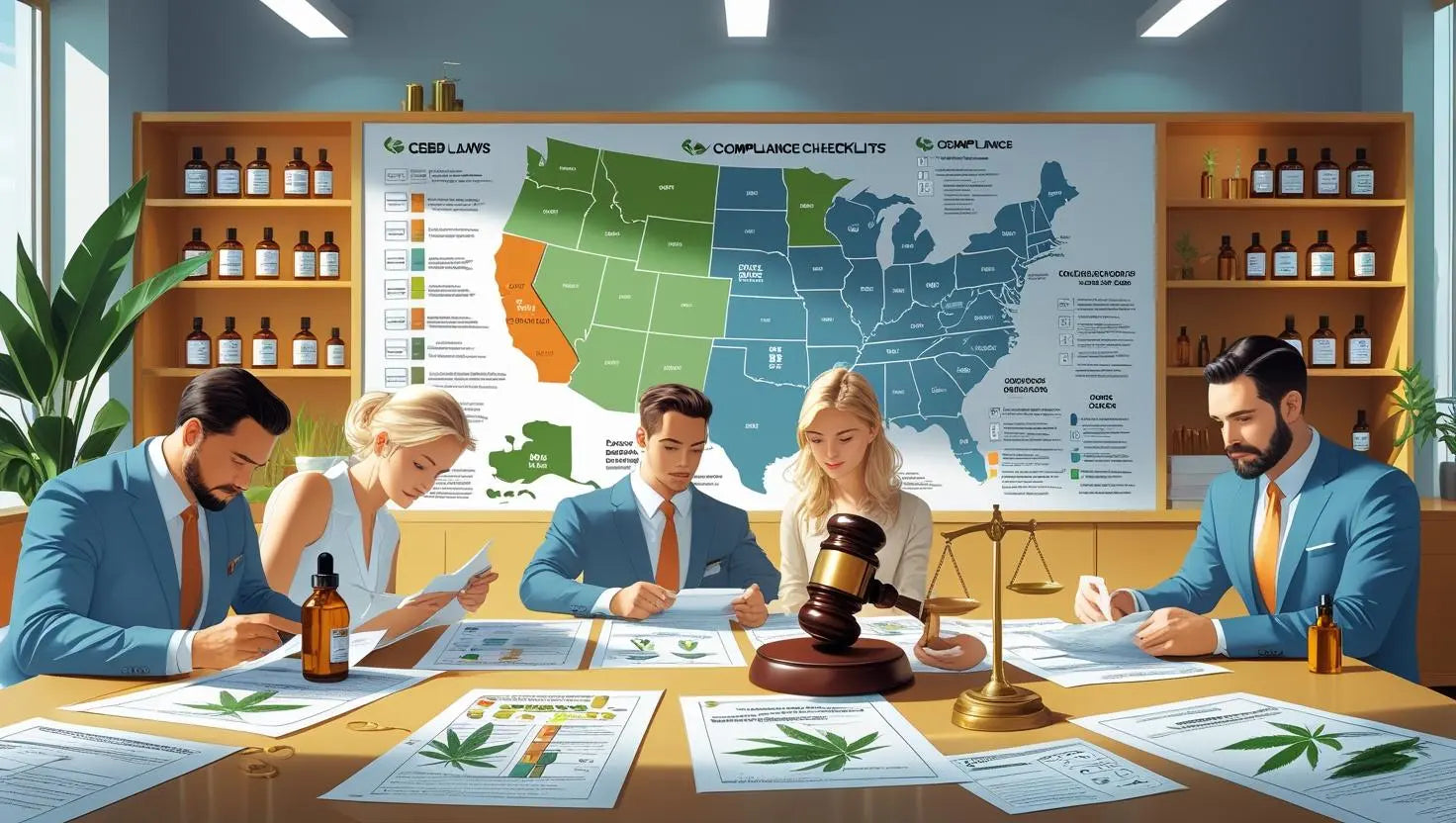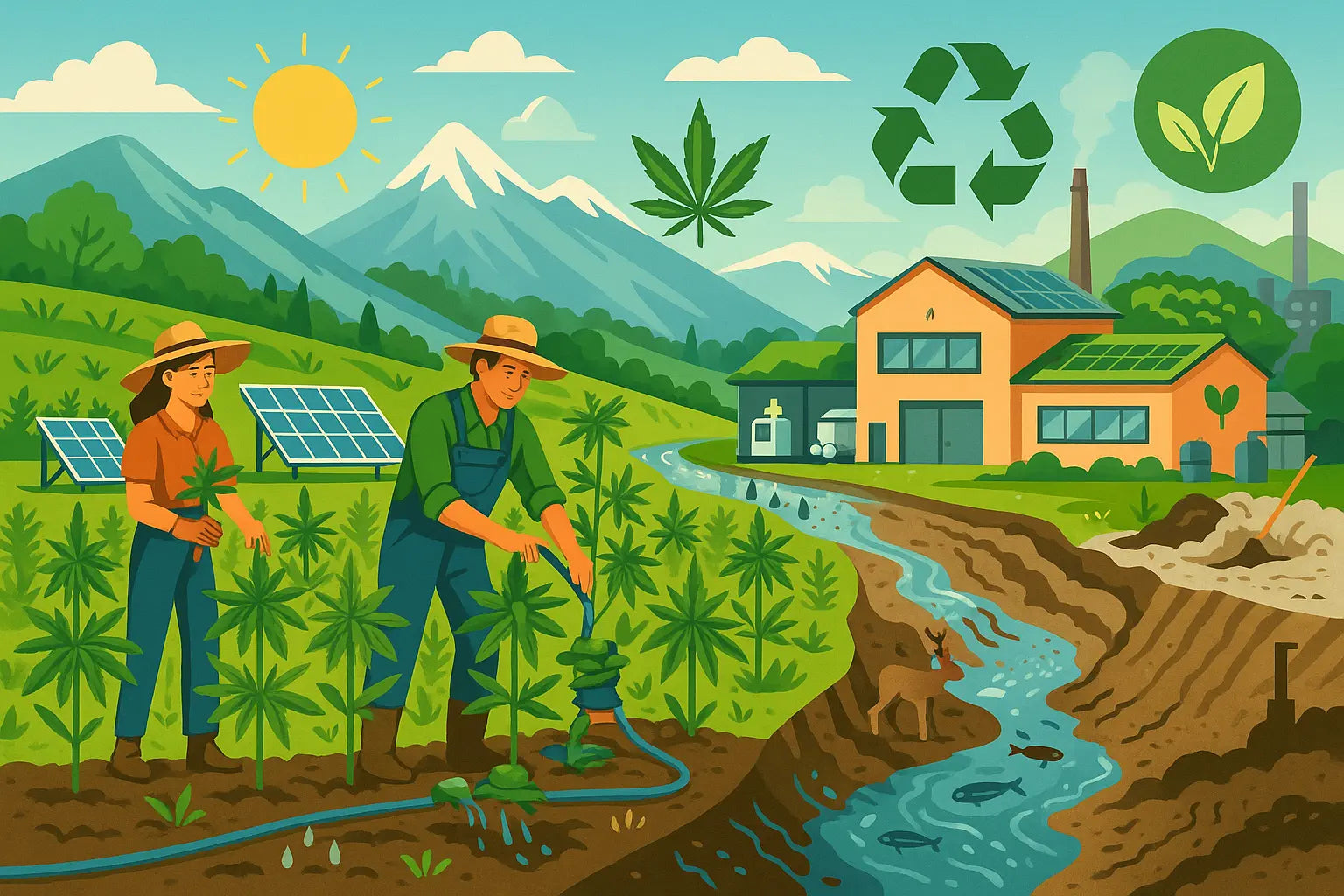Legal Landscape of CBD Flower and Products Production

CBD has become one of the fastest-growing parts of the wellness world. From oils and tinctures to CBD hemp flower and edibles, it’s changing how people approach natural health.
But behind this growth is a complicated legal system. Producers and buyers must navigate it with care.
Understanding CBD laws is key—whether you grow, sell, or consume CBD flowers. It helps you enjoy a quick and easy and transparent shopping experience.
In places like the UK, following the law is not optional. It’s essential. Especially for businesses offering unique products like CBD flower tea or strain types with anti-inflammatory properties.
If you’re choosing the perfect CBD, legal knowledge helps you make safer, smarter decisions.
A Brief History of CBD and Legality
CBD (cannabidiol) is a non-intoxicating compound found in cannabis plants, particularly abundant in hemp buds. Unlike THC, CBD does not produce a “high,” making it more widely accepted for therapeutic and wellness applications. However, its connection to cannabis has made its legal journey complicated.
Historically, all cannabis plants were lumped together under prohibition laws. But over the last two decades, governments began to recognize the difference between high-THC marijuana and low-THC hemp, paving the way for legal CBD production under specific conditions.
Hemp Cultivation: The Foundation of Legal CBD
At the heart of every legal CBD product is quality hemp. The hemp plant is legally defined in the UK as cannabis with no more than 0.2% THC. In the US and some parts of Europe, the limit is up to 0.3%.
Only licensed growers can legally cultivate hemp. In the UK, growers must apply through the Home Office. The process is strict and requires:
-
Using approved seed strains with verified THC levels
-
Secure field locations
-
Detailed record-keeping and regular inspections
What’s surprising is this: while industrial hemp cultivation is legal, harvesting CBD-rich flowers is often banned. Farmers can grow the plant but must destroy the CBD buds and flowers unless they get special permission.
This creates a legal grey area. Many CBD flowers in the UK are imported. That brings extra rules and regulatory steps.
For people looking to enjoy the health benefits and strains offering different effects, this can be confusing.
Consumers want safe products and clear rules. Good customer service and transparent sourcing help.
Whether you're using CBD to improve daily life or to explore the benefits of CBD, understanding the law is a must.

Extracting Cannabidiol: Legal Requirements and Oversight
Once hemp is harvested, CBD extraction must also meet legal standards. The production process must ensure cannabinoid content remains within lawful limits, particularly for THC.
To legally produce CBD oil and similar high quality CBD products, manufacturers must:
-
Use industrial hemp grown from certified seeds
-
Ensure final products contain less than 1 mg of THC per product unit (in the UK)
-
Follow clean extraction methods, often using CO₂ or ethanol
-
Maintain traceability and lab testing documentation
Producers who fail to follow these steps risk having their operations shut down. This is where a true commitment to quality matters—not only for consumer safety but also for legal compliance.
Lab Testing and Product Formulation
Legal CBD producers must verify the cannabinoid content of their products using third-party labs. These tests ensure transparency, confirming:
-
The actual CBD concentration (often labeled as high concentrations for potent items)
-
THC levels remain below legal thresholds
-
Absence of harmful substances such as pesticides, solvents, and heavy metals
Whether you’re producing CBD hemp flower, oil, or gummies, testing is essential. For premium CBD flower sellers and brands, offering downloadable lab results demonstrates both legal compliance and a commitment to quality—helping consumers make informed choices.
CBD Product Categories and Legal Differences
CBD is available in a wide range of forms, and each product type faces slightly different regulations. Below is a breakdown:
CBD Oil and Tinctures
These are the most commonly legal products. As long as they’re derived from industrial hemp and meet THC limits, they can be sold in health food stores and online.
CBD Edibles and Beverages
In the UK and EU, edible CBD products are considered novel foods. This means manufacturers must apply for a novel food license before marketing them legally.
CBD Vapes
Products meant to smoke or vape CBD face additional regulation. In the UK, these must comply with tobacco-related product standards, including ingredient disclosures and child-safe packaging.
CBD Hemp Flower and Buds
This is the most legally sensitive category. While CBD flower offers are widely available online, selling CBD hemp flower is technically restricted in the UK, even if THC levels are negligible.
Retailers often navigate this by labelling products as “not for human consumption,” although this is a controversial workaround.
Legal Grey Areas and Consumer Awareness
Even with growing acceptance, many CBD hemp flower sellers operate in a legal grey zone. Enforcement depends on interpretation and location.
Consumers must be aware of this. If you buy CBD flowers in the UK, check for lab results. Make sure the brand follows GMP, offers quick and easy access to info, and respects advertising rules.
Avoid sellers making bold claims or skipping proper labels. Look for brands focused on customer service, health benefits, and daily life support.
A safe shopping experience starts with caution. Choose sellers offering unique products and strain types.
Whether you want to consume CBD flowers, make CBD flower tea, or explore the benefits of CBD, smart buying matters.
Stay informed. Respect the hemp plant and support strains offering real value.
Building Trust in a Regulated Market
To succeed in the CBD industry, brands must do more than meet minimum requirements. They need to build long-term trust by:
-
Offering lab-tested, high quality CBD products
-
Disclosing source farms and extraction methods
-
Using only quality hemp and sustainable practices
-
Being transparent about cannabinoid content, usage, and safety
Consumers today are savvy. They expect brands to do more than just sell—they want assurance of safety, legality, and responsibility. This is where your commitment to quality becomes your competitive advantage.
Final Thoughts: Compliance Is Not Optional
As the CBD market matures, governments will continue tightening laws to ensure consumer safety and prevent misuse. For producers and retailers, adapting to this changing legal landscape is not optional—it’s a necessity.
Whether you offer CBD oil, hemp products, or CBD flower offers, understanding and complying with current regulations is the only way to operate sustainably. Consumers deserve high quality CBD products that are both effective and legal.
If you’re entering this market or simply buying for personal use, always prioritize transparency, traceability, and legal accountability. In the world of wellness, compliance is the first step to credibility.



